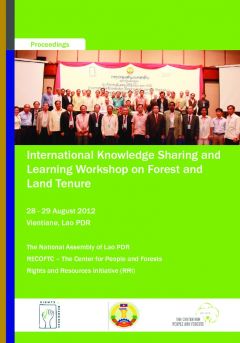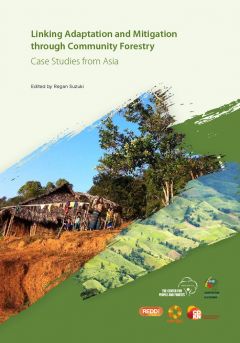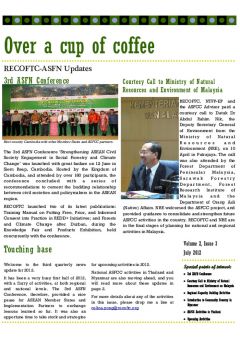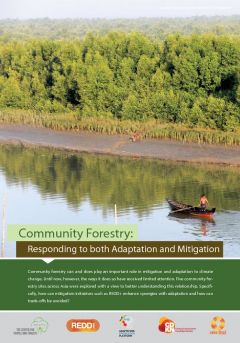International Knowledge Sharing and Learning Workshop on Forest and Land Tenure
An international workshop on Forest and Land Tenure Reform was held in Vientiane on 28-29 August, 2012. The workshop was hosted by the National Assembly of Lao PDR, with support from RECOFTC – The Center for People and Forests through the Rights and Resources Initiatives (RRI). The key objectives of the workshop were:





